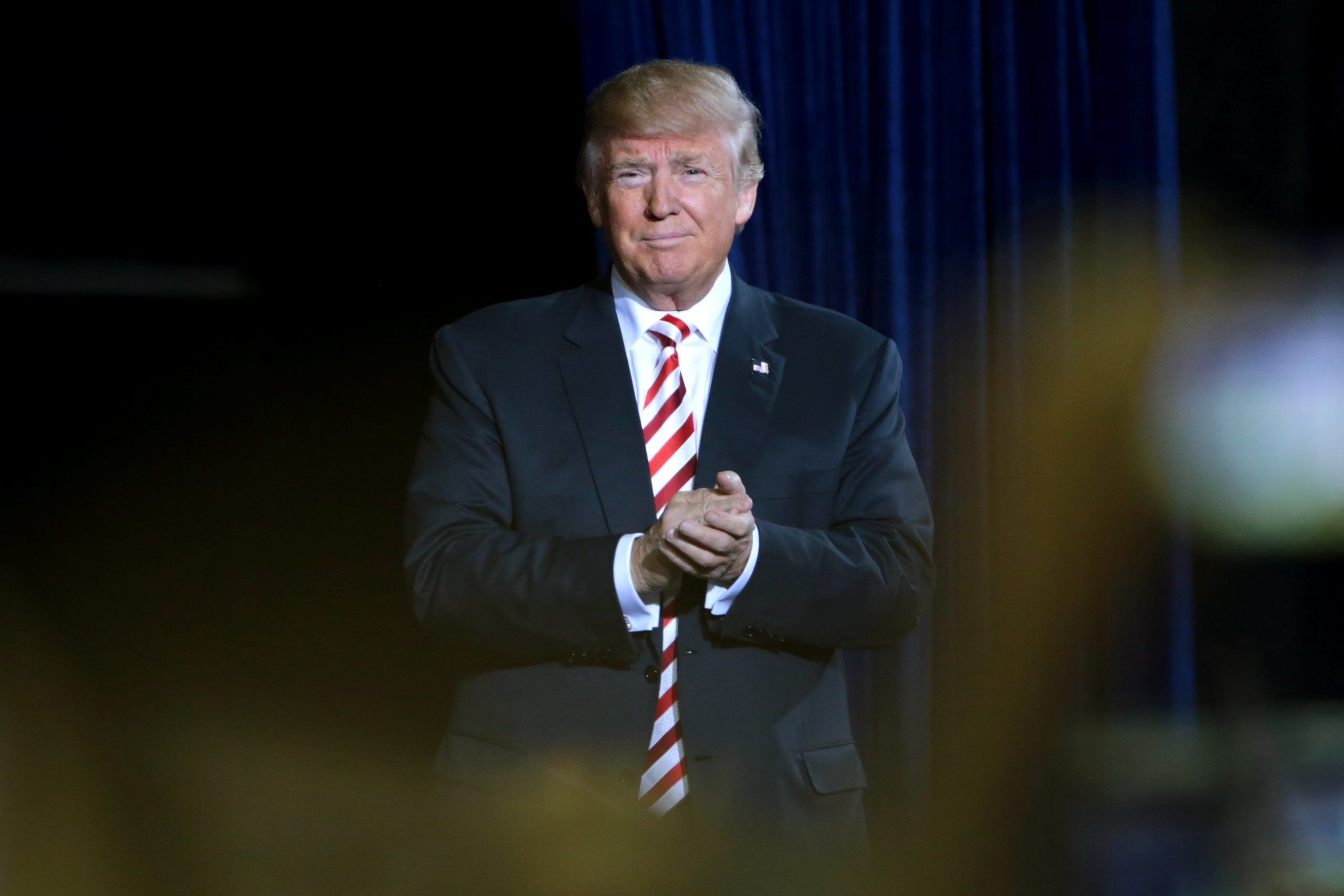At a time in history when we need them the most, human rights as we know them are under threat. Amidst the rise of global populism, human rights are becoming increasingly dirty words, emblematic of the so-called ‘liberal elite’ that Brexit and Trump voters rejected so emphatically. Donald Trump’s executive order this week has brought to a head this fundamental crisis, pitting the rule of law and human rights against the so-called ‘will of the people’ and the power of the executive. Can human rights, which in their essence disregard the majority to protect everyone, ever be compatible with a populism which often views them as an impediment to carrying out the will of the masses?
Trump’s ban on travel to the US from seven majority-Muslim countries is, according to the UN High Commissioner for Human Rights, Zeid bin Ra’ad Zeid Al-Hussein, a violation of human rights law as “discrimination on nationality alone (…) forbidden under human rights law.”
To see a powerful leader feel he has a mandate to disregard the law is frightening enough. However, Trump’s order will have further reaching consequences than this. His blanket 120-day ban on refugees, with an indefinite ban on all those in Syria, does not only contravene American values, but will also put refugees in further danger of human rights abuse.
According to the charity Help Refugees, the US accepted nearly two thirds of refugees resettled in 2015, meaning that this ban will have a colossal impact. Refugees are fleeing exploitation and persecution; they simply do not have months to wait. Furthermore, imposing a blanket ban forces refugees into the hands of people traffickers, further endangering their human rights and rendering useless the US’s already rigorous vetting systems.
Trump’s assault on human rights will not end with this executive order. Global human rights organisation Human Rights Watch listed Trump as amongst the most significant threats to human rights in their 2017 report, describing ‘Trump’s embrace of policies that would cause tremendous harm to vulnerable communities, contravene the United States’ core human rights obligations, or both.”
This is not just an American phenomenon. The hateful rhetoric surrounding Brexit and its aftermath led Amnesty International UK to launch the domestic campaign Against Hate, aimed at lobbying local councils to condemn racism, xenophobia and hate crime in their local areas. In even more alarming news, Theresa May has recently made headlines about withdrawing the UK completely from the European Convention on Human Rights (ECHR), a body separate from the EU.
The UK Government had previously threatened to scrap the Human Rights Act, heralding a constitutional crisis with Scotland and Northern Ireland. However, this recent development is much more worrying. Free from the shackles of an international human rights treaty, the Government would be able to lower domestic standards of human rights, as well as pick and choose the rights they wish to bestow. Leaving the ECHR would symbolise a prioritisation of majority will over individual rights and set a dangerous precedent.
At this bleak time for the future of human rights, we must not despair. Educating ourselves and others about our inalienable rights is the most powerful tool available. If you do not know about your rights, it is much easier for governments to take them away. Human rights should not be seen as a barrier to the will of the people, but as a balance against the power of governments and a safeguard for the individual. By their very nature, human rights are not the preserve of a sandal-wearing, Guardian-reading elite. They are written into our society for everyone. We must continue the fight to keep it that way.
Image Credit: Gage Skidmore

